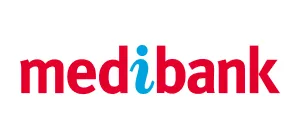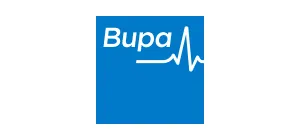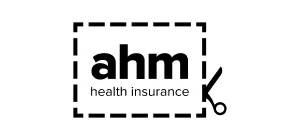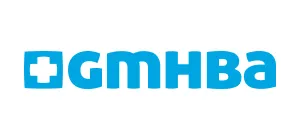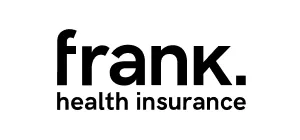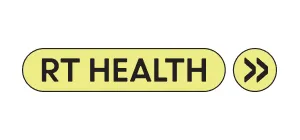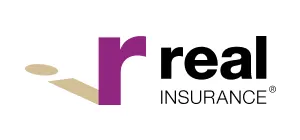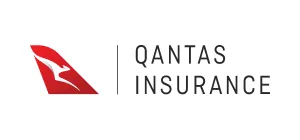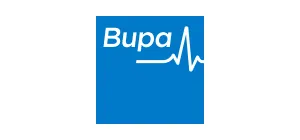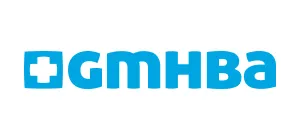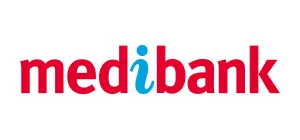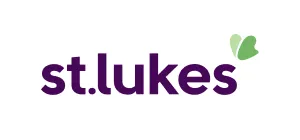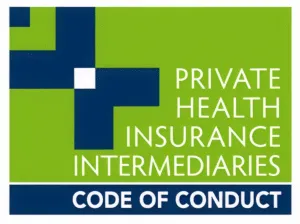What is Basic health insurance?
Basic health insurance offers the minimum amount of hospital cover that a private health insurance policy can provide.
Hospital cover comes in four tiers:
‘Plus’ versions of these policies for certain tiers may offer coverage for some additional procedures.
Basic is the entry level tier that offers the lowest amount of hospital services covered as standard and is often the most affordable.
What is covered by Basic health insurance?
The Basic tier of private hospital insurance provides you with the minimum of cover for treatment received as part of a hospital admission.
According to Private Health, there are 38 categories of treatment defined in the four-tier structure, with the minimum requirements for Basic hospital cover being:
- Rehabilitation (Restricted): Physical rehabilitation related to surgery or illness. For example, stroke recovery and cardiac rehabilitation.
- Hospital psychiatric services (Restricted): Treatment and care of patients with psychiatric, mental, addiction or behavioural disorders. For example, schizophrenia, depression, eating disorders, addiction therapy and post-natal depression.
- Palliative care (Restricted): Providing quality of life care for a patient with a terminal illness, including treatment to alleviate and manage pain.
This cover will be offered on a restricted basis. This means you’ll be partially covered for hospital costs as a private patient in a public hospital, but may incur some significant out-of-pocket expenses. For example, you won’t be covered for a private room in a public hospital or any room in a private hospital.
If you only have basic hospital cover, it’s a good idea to check with your insurer and chosen hospital for details of any fees and other charges you may incur before receiving any treatment.
If you’re signing up for a new policy, or upgrading an existing one, you need to serve waiting periods of two to twelve months before you can make any claims, depending on the condition.
You can read policy documents, such as the Private Health Information Statement (PHIS), to see what is and isn’t included in any Basic health insurance policy.
How much does Basic health insurance cost?
The cost of any Basic health insurance policy will depend on your age and healthcare needs, as well as what state or territory you live in. It’ll also depend on whether you’re single or seeking a couples health insurance or family health insurance policy, and whether you want any ‘Extras’ cover for non-hospital treatments (e.g. dental, optical, physio etc.).
Is Basic hospital cover enough to avoid the Medicare Levy Surcharge and Lifetime Health Cover loading?
The MLS is a means tested surcharge of up to 1.5% of your taxable earnings charged by the Australian Taxation Office (ATO), while the LHC refers to a loading (up to 70%) on the price of your health insurance premiums if you don’t take out private health insurance before the age of 31.
A Basic hospital cover policy can help you avoid the MLS and LHC if it’s:
- Provided by a registered health insurer
- Has a maximum policy excess of $750 for singles and $1,500 for couples or families.
The policy excess refers to the amount of money you pay out of your own pocket when making a claim on your insurance.
How to compare Basic health insurance
When comparing Basic health insurance policies, the best options for you may depend on how much cover you want, what features and benefits you want to access, and how much you want to pay in premiums.
Basic health insurance policies tend to be relatively simple, offering limited hospital cover and charging fairly low premiums. However, individual insurers may offer policies with small differences in their level of cover and the features and benefits they offer compared to the premiums they charge. There may also be special deals, promotions and introductory offers that could provide extra value, depending on your household’s financial needs.
Some insurers may also offer Basic plus level of cover, which covers all of the hospital treatments of a standard Basic package, plus some extras. This could potentially be a compromise worth considering if you want more cover while keeping your insurance costs down.
It’s important to look at each of these factors when comparing Basic health insurance policies from different insurers, to make sure you’re getting the best value for your needs. The best Basic health insurance policy for your household may not always be the best option for the next household.
Use Canstar’s free health insurance comparison tool to quickly review and compare health insurance policies. Have a specific health need or questions about cover? Call us on 1300 383 982 to chat with one of our experts and, if you’re ready to move, sign you up.
Is Basic health insurance worth it?
This will ultimately depend on your healthcare needs and financial situation. You may consider Basic hospital cover if:
- You have no health issues that you want hospital cover for
- You’re looking for a cheap form of private hospital cover that offers a basic level of coverage
You want to avoid paying the Medicare Levy Surcharge (MLS) and/or Lifetime Health Cover (LHC) loading.


